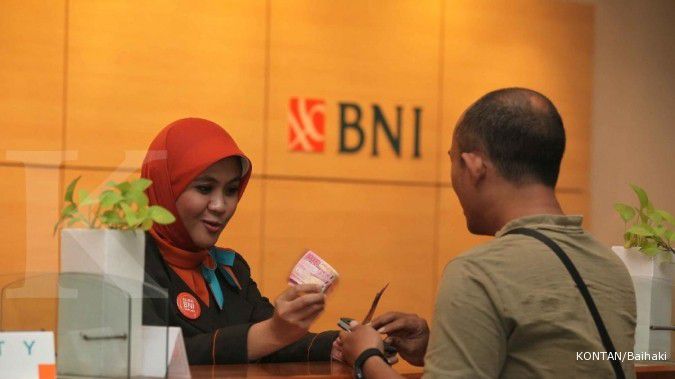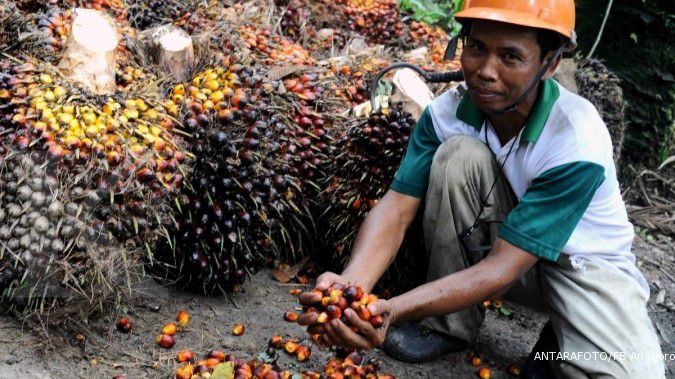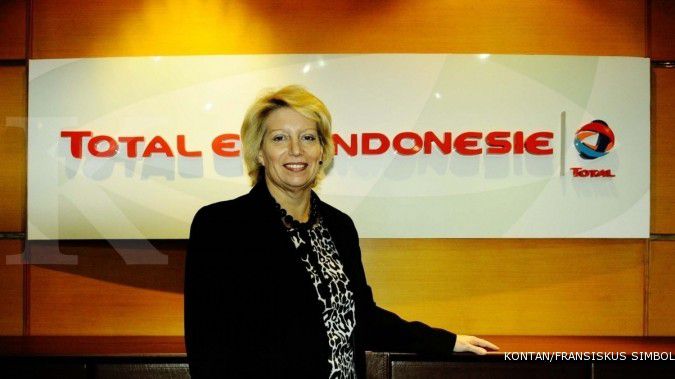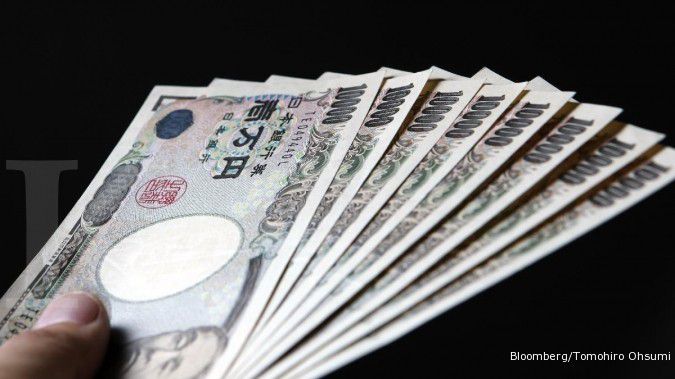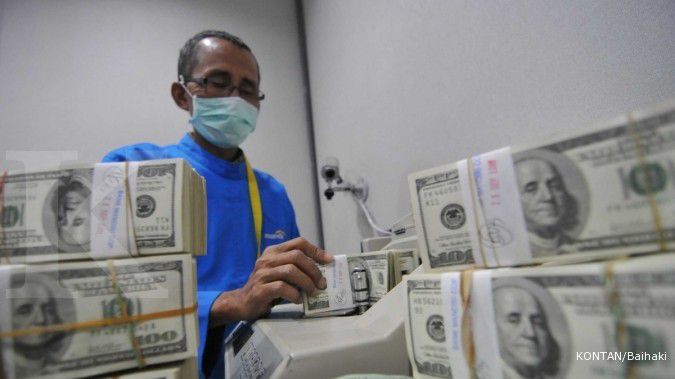JAKARTA. Bank Indonesia (BI) has revealed that several companies had used fake names to evade the central bank’s rule obliging them to deposit their dollar-based export earnings in domestic banks.
“There are many companies that export [their goods abroad] using the names of different firms,” Hendy Sulistiowati, BI executive director for economic and monetary statistics, wrote in a text message on Friday.
In such cases, the companies gave fees to other firms so that they could borrow their names, thus making their companies hard to trace. Hendy warned about the punishments for such practices, which varied from fines to having their export licenses suspended by the Finance Ministry’s customs office.
As previously reported, the customs office recently suspended the export licenses belonging to at least 20 firms, for their failure to deposit their dollars in Indonesia-based banks, as stipulated by BI Regulation (PBI) No. 13 on export proceeds.
Hendy said there were indications that more companies could have their export licenses suspended by the customs office in the future.
PBI No. 13, introduced in late 2011, stipulates that all exporters operating here must deposit and report their export earnings to local banks within 90 days after they receive their earnings. After depositing and making their reports, the exporters can then move the dollar earnings to any offshore bank.
Those failing to comply must pay a fine worth 0.5 percent of their earnings, with the fine capped at a maximum Rp 100 million (US$10,349) and a minimum value of Rp 10 million.
The central bank had already been lenient to exporters over the fines, said Hendy. “If during that period of time [90 days], exporters can present us with clear supporting documents to explain why their export proceeds have not yet been deposited in local banks, then the fine can be annulled.”
The rule was expected to boost the supply of dollars in the local currency market, consequently reducing the unwanted volatility of the rupiah. The central bank previously estimated that total annual dollar-based export proceeds in Indonesia may top $34 billion.
The regulation, however, was met with stiff opposition from many exporters, with BI governor Darmin Nasution once revealing that some companies, notably those in the oil and gas sector, were “disgruntled” when being ordered to put their dollars in local banks.
Many companies are reluctant to deposit their earnings in Indonesia because of the lack of a clear regulatory framework on the management of dollar-based funds in Indonesia, observers have said.
As a response, the central bank issued a new legal framework giving domestic banks the right to manage dollar-based funds, called “trust rights”.
According to central bank data, many oil and gas companies operating here opt to deposit their export earnings in offshore banks, such as in the US or Singapore.
Earlier this week, the Energy and Natural Resources Ministry announced that some oil companies have complied with the rule. US-based ConocoPhillips, Chinese oil and gas company PetroChina, Australian Santos and China-based CNOOC have all deposited their dollars in the Jakarta branches of foreign banks including Bank of America, Bank of China, ANZ and JP Morgan.
BI deputy governor Halim Alamsyah urged all companies to comply with the central bank’s regulation, saying that it would help BI in its policymaking process. (The Jakarta Post)
Firms fake names to avoid BI rule
February 16, 2013, 02.11 PM
/2012/05/21/655465365.jpg)
ILUSTRASI. Leni Robredo. REUTERS/Ezra Acayan
Reporter: Dyah Megasari
| Editor:
Investasi
Internasional
Latest News
-
February 24, 2026, 03.38 PM
Eni to Reach Final Investment Decision for Indonesia Gas Projects Next Month
-
February 24, 2026, 01.00 PM
Asia Stocks Try to Steady after Wall Street Selloff Sims Mood
-
February 23, 2026, 04.50 PM
Wall Street Futures and Dollar Slide on Trump Tariff Tumult
-
February 23, 2026, 02.17 PM
Indonesia's Government Spending Jumps 26% in January 2026
-
February 23, 2026, 01.47 PM
Indonesia's Government Spending Jumps 26% in January
-
February 21, 2026, 06.00 AM
Indonesia's Pertamina to Maintain Bidding Process for US Energy Imports
-
February 20, 2026, 01.23 PM
Indonesia Secures 19% Tariff Deal with US, Palm Oil and Other Commodities Exempt
-
February 20, 2026, 08.33 AM
Indonesia, US Sign Agreement on Reciprocal Trade, Indonesian Ministry Says
-
February 19, 2026, 08.12 AM
Indonesia, Freeport Units Sign MoU to Extend Mining Permit beyond 2041
